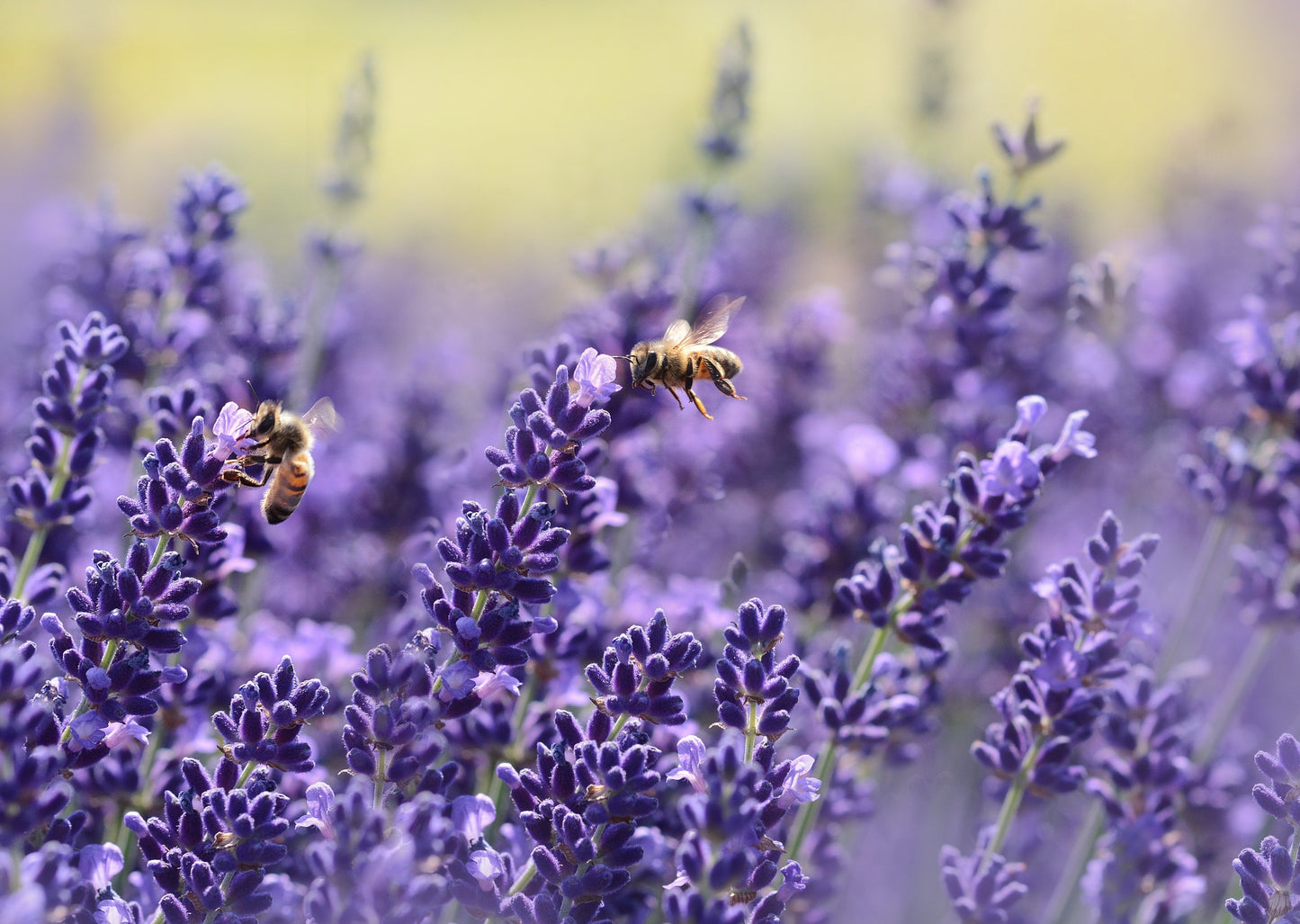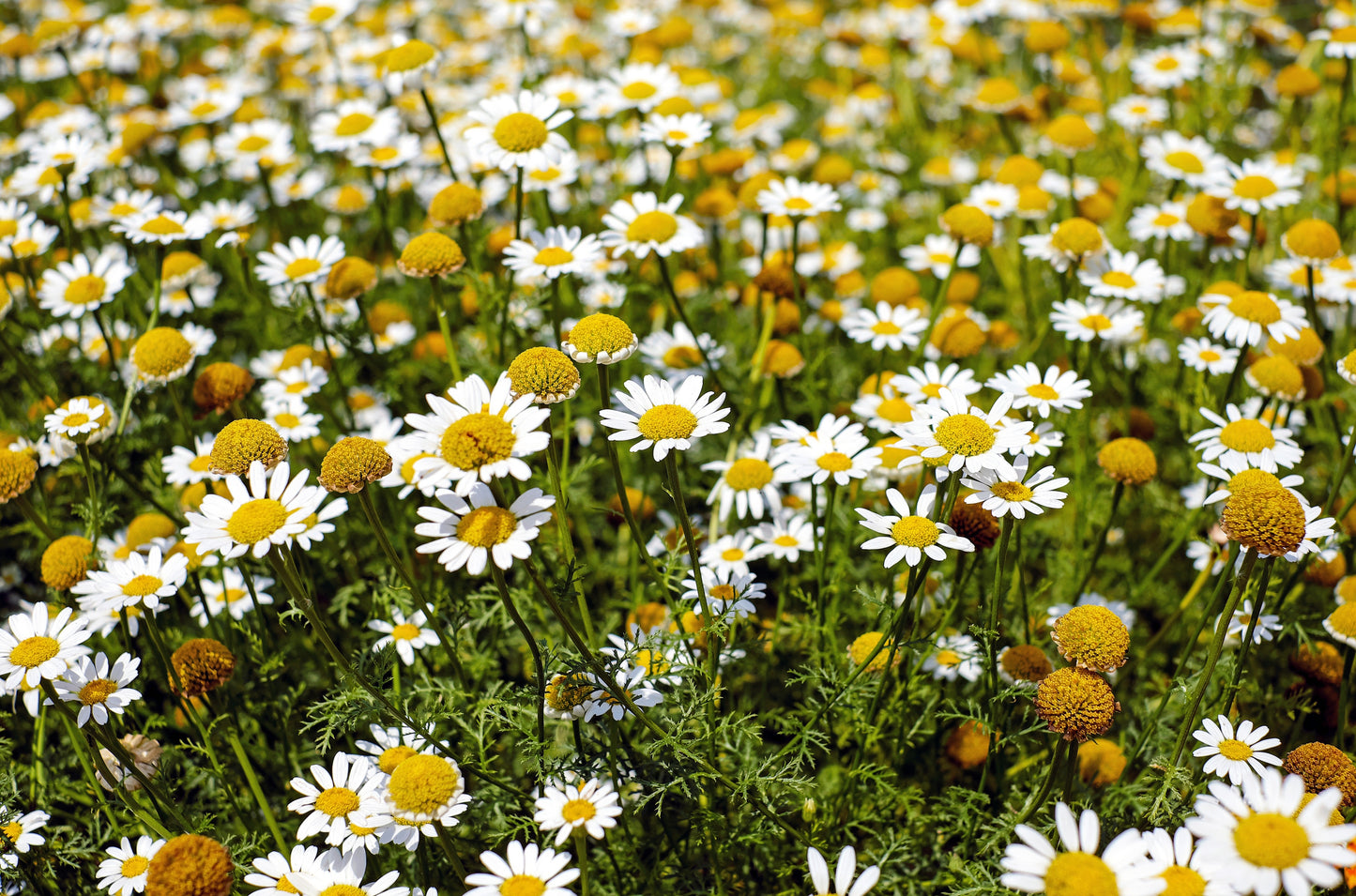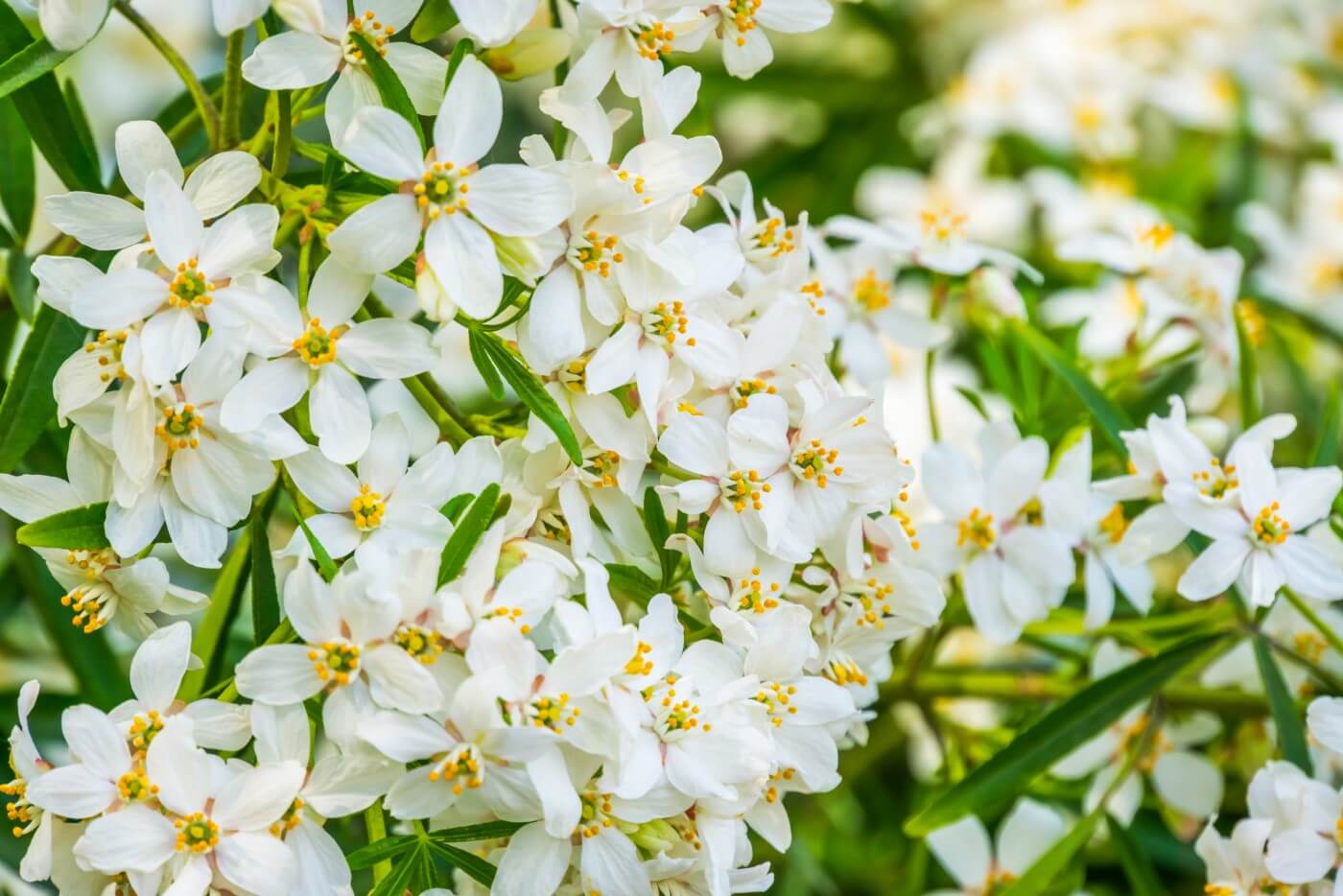Κερί Tropic Fusion (200gr)
-15% έκπτωση
Σαν ένα πολύχρωμο κοκτέιλ σε τροπική ακτή, το χειροποίητο κερί σόγιαςTropic Fusion πλημμυρίζει τον χώρο με ακαταμάχητη φρεσκάδα και γλυκιά ζωντάνια.
€9,90
Regular price €8,90Vitamin E Base Oil, Lavender Essential Oil, Chamomile Essential Oil, Neroli Essential Oil.
Keep out of reach of children and keep in a cool and shady place. For external use only. Avoid eye contact.
Allergens: Citral, Farnesol, Geraniol, Linalool, d-Limonene, dl-Citronellol
€9,90
Regular price €8,90Vitamin E Base Oil, Lavender Essential Oil, Chamomile Essential Oil, Neroli Essential Oil.
Keep out of reach of children and keep in a cool and shady place. For external use only. Avoid eye contact.
Allergens: Citral, Farnesol, Geraniol, Linalool, d-Limonene, dl-Citronellol

At the beginning of the last century, Leclerc recognized the property of lavender to "alleviate sensitivity to pain" and fight fever.
It was cultivated by the ancient Greeks and Romans. The name "lavender" comes from the Latin "lavare" meaning to wash or bathe. It is grown mainly for the essential oil and less for the dried flowers and leaves.
The essential oil has insect repellent and antioxidant properties and is used in the perfume industry, rarities, cosmetics and aromatherapy.


Get it with -10% discount on your first order.
(The discount will be sent to your email)